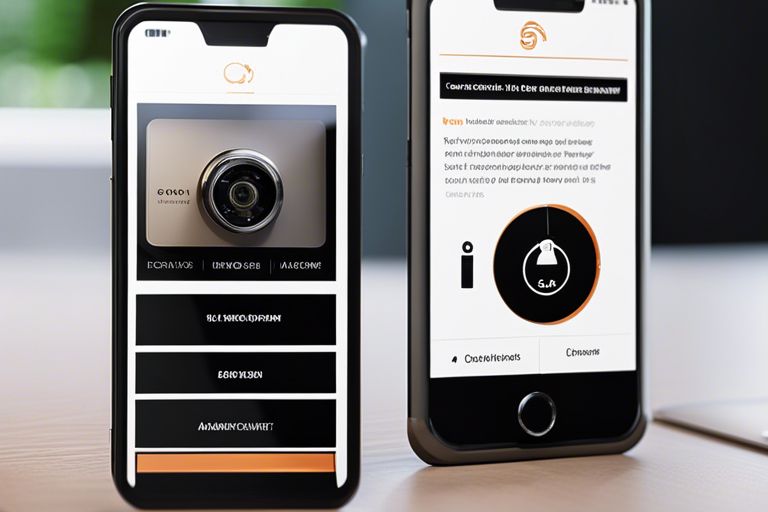In today’s digital age, data protection has become a top priority for individuals and businesses alike. With cybercrime on the rise and hackers becoming more sophisticated, it is crucial to take steps to safeguard sensitive information. One powerful tool that has gained popularity in recent years is a Virtual Private Network (VPN).
A VPN is a technology that allows users to create a secure and encrypted connection to a private network over the internet. It acts as a protective shield, ensuring that your data remains safe and secure from prying eyes. But what exactly is the role of VPNs in data protection? Let’s delve deeper.
Encrypting Data
One of the primary roles of a VPN in data protection is encrypting the data transmitted between your device and the server. Encryption is the process of converting data into a code that is unreadable to unauthorized users. This ensures that even if your data is intercepted, it is virtually impossible for anyone to decipher and access the information.
By encrypting your data, a VPN adds an extra layer of security to your online activities. Whether you are browsing the internet, sending emails, or accessing sensitive business information, a VPN ensures that your data remains confidential and protected.
Protecting Privacy
Another crucial role of VPNs in data protection is safeguarding your privacy. When you connect to the internet without a VPN, your ISP (Internet Service Provider) can see all your online activities. They can monitor your browsing history, track your location, and even sell your data to third parties for targeted advertising.
A VPN masks your IP address and encrypts your internet traffic, making it nearly impossible for anyone to track your online activities. It creates a secure tunnel between your device and the VPN server, ensuring that your privacy is preserved. This is especially important when using public Wi-Fi networks, which are notorious for their lack of security.
Bypassing Geographical Restrictions
VPNs also play a significant role in bypassing geographical restrictions. Certain websites and streaming platforms impose restrictions based on the user’s location. This means that if you are traveling abroad or living in a country with strict internet censorship, you may not be able to access your favorite content.
A VPN allows you to choose a server located in a different country, effectively changing your IP address. This makes it appear as if you are browsing from that country, enabling you to access geo-blocked content. Whether it’s streaming your favorite shows or accessing restricted websites, a VPN gives you the freedom to browse the internet without limitations.
Conclusion
VPNs have become an essential tool for data protection in today’s digital landscape. They encrypt your data, protect your privacy, and allow you to bypass geographical restrictions. Whether you are an individual concerned about your online security or a business looking to safeguard sensitive information, investing in a reliable VPN is a wise decision.






